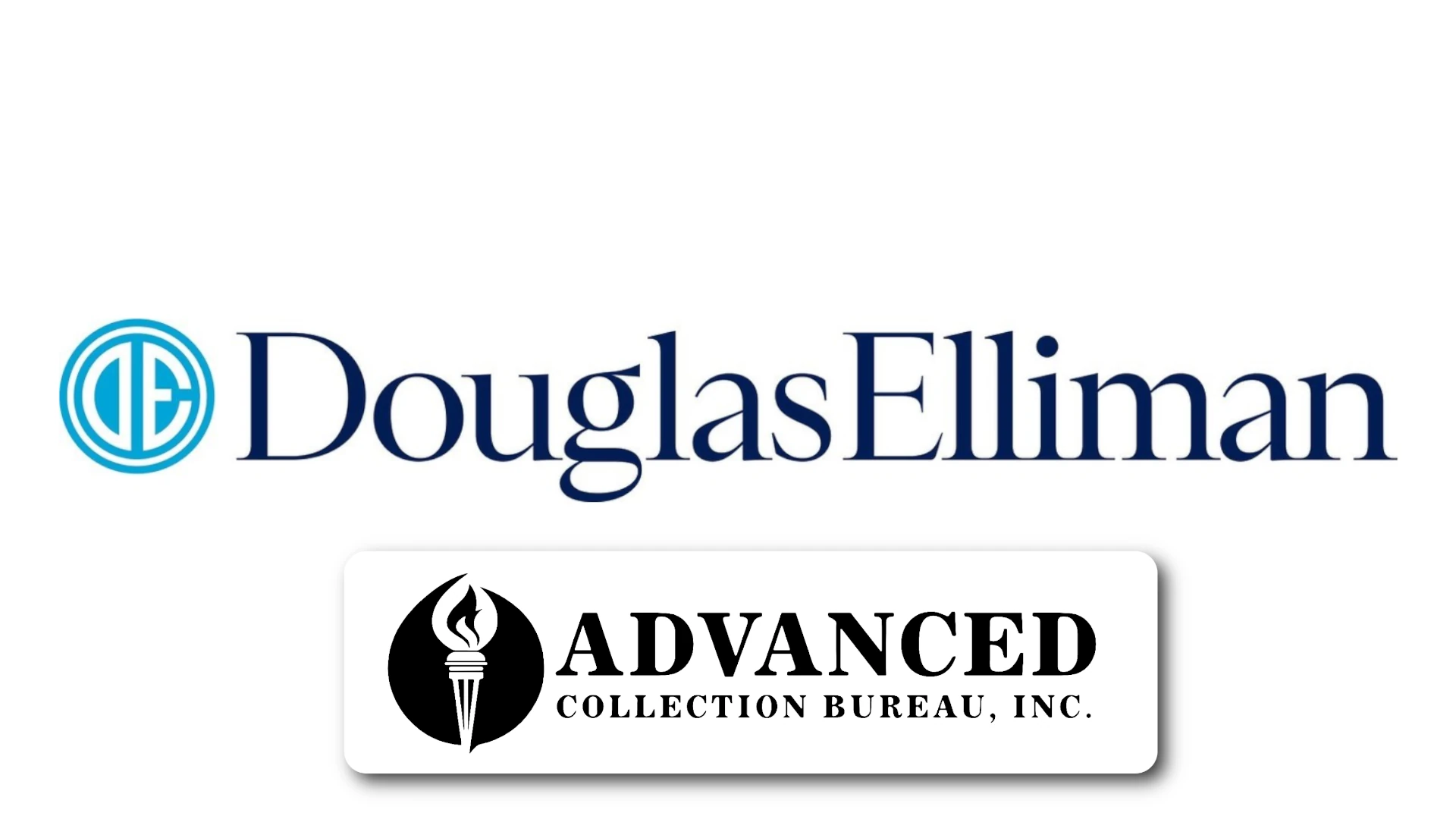For landlords managing residential or multifamily properties, choosing the right property management partner can be the difference between steady cash flow and ongoing headaches. Douglas Elliman Property Management is a widely known name in the industry, particularly for landlords who own premium or luxury properties. But is it the right fit for your needs?
In this blog, we’ll break down the essential things landlords should know about Douglas Elliman Property Management: what services they offer, who they serve best, and what to consider before signing on. Whether you're just starting your rental portfolio or looking to switch management companies, understanding the pros and limitations of a major firm like Douglas Elliman is key to making the right decision.
Who Is Douglas Elliman Property Management?
Douglas Elliman is one of the largest residential real estate brokerages in the United States, and their property management division brings that same scale to managing apartment buildings, condominiums, and co-ops. With over 100 years in the industry and thousands of units under management, they’re particularly dominant in New York, but their presence also extends to markets like Florida and California.
Their services are tailored more toward luxury and high-end properties, and they frequently work with co-op boards, HOAs, and investor-owned buildings rather than independent landlords managing a few units.
What Services Does Douglas Elliman Provide?
Douglas Elliman Property Management offers a comprehensive suite of services. These include:
- Building operations and maintenance: They handle day-to-day needs such as maintenance coordination, contractor oversight, and compliance with building codes.
- Financial services: Monthly rent collection, budgeting, and financial reporting are part of the package. They also coordinate audits and prepare reserve fund analyses.
- Board and resident relations: They support co-op and condo boards with administrative tasks and serve as liaisons between residents and ownership.
- Capital improvements: For larger buildings, they help plan, oversee, and execute major renovations or infrastructure upgrades.
For landlords overseeing high-density or complex properties, these services are a must. However, if you manage a few residential units or small multifamily buildings, many of these services may exceed your needs—and your budget.
Is Douglas Elliman Right for Independent Landlords?
If you’re a small-scale landlord or property owner, Douglas Elliman might not be the most economical choice. Their operations are built for scale, and with that comes higher fees and more rigid processes. You may also find yourself competing for attention alongside much larger clients.
On the other hand, if your rental property is part of a condo association or located in a high-value market like Manhattan or Miami, Douglas Elliman’s experience with luxury buildings could be an asset. They are adept at navigating complex regulatory environments and have relationships with contractors and vendors who specialize in high-end properties.
If you’re unsure whether your property fits the profile, you may want to review this guide to choosing the right property management company for some helpful benchmarks.
What to Watch Out for as a Landlord
As with any large-scale property management firm, there are a few things landlords should be aware of before signing with Douglas Elliman:
- Cost structure: Premium services often come with premium pricing. Ask for detailed breakdowns of what’s included in their base fee versus what’s considered “additional” service.
- Service customization: Large firms often offer standardized services. If your needs are unique, you may need to negotiate custom provisions in your contract.
- Responsiveness: Because Douglas Elliman serves large portfolios, smaller clients might experience slower response times unless they have a dedicated account manager.
- Transparency: With any third-party firm, ensuring access to records and real-time reporting is critical. Review how Douglas Elliman shares financial data and how quickly you’ll be able to access performance metrics.
Alternatives for Smaller Landlords
If you're managing just a few properties, consider working with a boutique firm that specializes in smaller residential portfolios. These companies often offer more flexibility and personalized attention. You can also consider tech-forward platforms like AppFolio, which streamline many management tasks while letting you stay in control. Learn more about how these platforms compare by reading this overview of AppFolio Property Manager.
The Role of Debt Collection in Property Management
No matter which property management company you choose, unpaid rent and broken leases can still become major headaches. Many landlords assume their management company will handle all aspects of delinquent accounts, but most firms—including Douglas Elliman—either pass the account to a third-party collection agency or leave it to the landlord to handle.
That’s where Advanced Collection Bureau (ACB) steps in. We specialize in residential debt recovery and serve landlords of all sizes. Whether you work with a large firm like Douglas Elliman or manage your own properties, our services help recover what’s owed—without damaging your tenant relationships. Learn more about how ACB supports property managers with effective debt recovery.
If you're unsure how past-due rent affects your bottom line, we also recommend reviewing this breakdown of apartment community financial health.
Final Thoughts
Douglas Elliman Property Management brings deep expertise and a robust infrastructure, especially suited for large or luxury buildings. But for independent landlords or those managing smaller portfolios, the fit may not be ideal. Before you commit, weigh your property size, service needs, and budget against what Douglas Elliman offers.
And remember: even with top-tier property management, debt collection is a specialized service that often requires a dedicated partner. If your current management strategy leaves gaps in recovering unpaid rent, ACB is here to help. We operate on a contingency-only basis—meaning you don’t pay unless we collect. And with over 25 years of experience, we're committed to providing legally compliant, professional, and effective recovery solutions.














